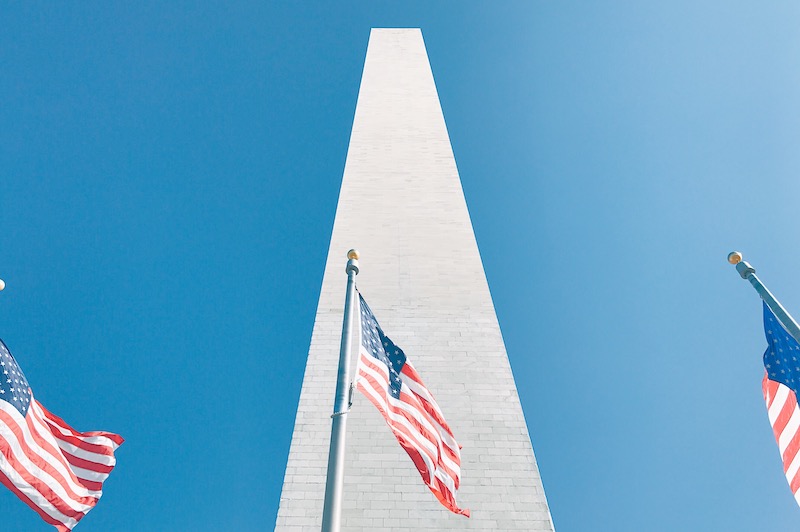On Fridays, we bring you the best of our blog and the best of the web. This week’s roundup includes a post on the difference free enterprise has made in North and South Korea, a video on teachers unions, thoughts on vocation, and more.
1. A Tale of Two Koreas: Wesley Gant explores the difference that “65 years of free enterprise has made between North and South Korea.”
Many critics of free enterprise argue that it leads to economic inequality. They divide nations in the name of protecting equality. And they are right. In a merit-based society, people will be rewarded on the basis of their unequal work, talent, ability and other factors. But the choice here is not between a world of prosperity for some and one of prosperity for all, as we are led to believe—that is an easy choice for anyone. We are faced with a more complex proposition: We must choose between unequal prosperity and shared poverty. When even the poorest among us live better than most of human civilization, the choice seems clear.2. The Machine: The Truth Behind Teachers Unions: This video from Reason explores the relationships between students, teachers, unions and politicians. 3. Labor Day—Some Posts on Work: Trevin Wax highlights video, blog posts and fun facts related to vocation and Labor Day. 4. Tax Returns and Tampa: Why Candidate Giving Counts: Josh Good writes on the charitable giving habits of the presidential and vice presidential candidates.
Syncing words and deeds, in personal charitable giving as well as in well-considered public arguments about long-term national sacrifice and fiscal solvency, is something Gen Xers and Millennials can rightly cheer. In this respect, Gov. Romney and Congressman Ryan are reconnecting values and capitalism.5. Entitlements: Today’s biggest moral dilemma: Ryan Street writes on three recent posts by Nick Eberstadt, Bill Galston and Lane Kenworthy related to the question: “Are entitlements corrupting us?”
Reading all three of these pieces together shines a bright light on this question: does our dependence on entitlements corrupt us morally in a way that our reliance on other publicly-funded goods like roads and police do not? In other words, our taxes build roads and bridges, and we all benefit from that. So why should we think of entitlements any differently?



